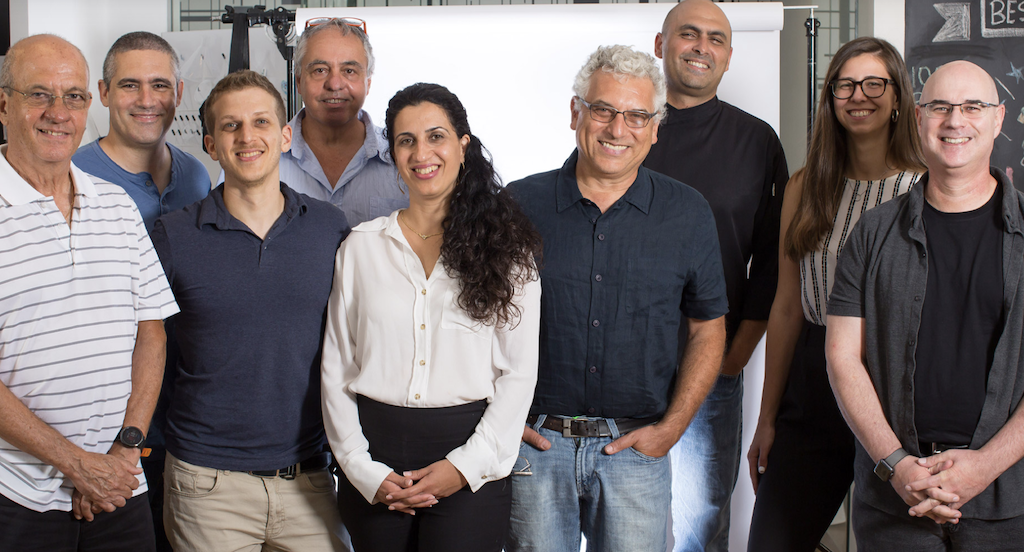3 Mins Read
American universities will soon be serving up vegan burgers that aren’t made by humans, but by robot chefs. Partnering up with Israeli food tech SavorEat, the company behind 3D-printed plant-based meat technology, global foodservice giant Sodexo will be piloting a robot chef system across higher education institutions in the country.
Sodexo North America is teaming up with Israeli food tech SavorEat to test a new plant-based robot chef system across US universities in 2022. The partnership will see SavorEat’s 3D-printed vegan meat technology roll out through several pilot schemes in university canteens, which will serve up vegan burgers.
3D-printed vegan burgers

Founded in 2018, SavorEat has created a robot chef system that 3D-prints plant-based meats according to consumers’ preferences. It can be tailored to produce, grill and cook plant-based analogues that mimic the taste and texture of real animal meat, using only vegan protein ingredients and a nano-cellulose fibre to give structure.
The firm, which went public on the Tel Aviv Stock Exchange last year, has already tested the robot chef system in Israel at the popular burger chain BBB. The Millennium Food-Tech-backed startup says its new partnership with Sodexo marks another major step forward in commercialising its technology internationally.
“I am convinced that Sodexo’s expertise in the international catering market and particularly North America will significantly contribute to the development and acceleration of the penetration rate of our products in the international market, with an emphasis on the U.S. market,” said SavorEat co-founder and CEO Racheli Vizman.

In a press statement, Sodexo revealed that aside from testing SavorEat’s solution, it is now in talks to reach an agreement to distribute the startup’s products within the North American market. It also revealed that there are plans to launch “additional pilots” in the future, with the view to cooperate in the long-term to expand Sodexo’s plant-based offerings.
Related: SavorEat launches plant-based egg subsidiary startup
Young flexitarian consumers
SavorEat says the partnership with Sodexo will crucially allow it to test its products with young consumers in the US, who are increasingly shifting to plant-based alternatives for sustainability, health and ethical reasons.
According to Sodexo’s research, around 47% of the 20 to 30 year old market segment in the US now identify themselves as flexitarians—people who are actively reducing their meat and dairy intake.

It also represents a chance for Sodexo to respond to shifting preferences of an increasingly influential demographic of consumers. Polls indicate that plant-based substitutes are becoming mainstream among Gen Zs, with US-based data in December 2020 finding that consumers in the 18 to 24 age group were 22% more likely than the overall population to eat plant-based meat, poultry or seafood alternatives.
Husein Kitabwalla, operations and food transformations chief at Sodexo North America, said that the collaboration will “extend our ability to deliver the plant-based foods our clients’ customers are demanding in increasingly growing numbers.”
Other catering companies have also responded to the plant-based trend, including British group Compass, which has announced plans to replace 40% of the animal-based foods throughout its supply chain with alternative proteins.
All images courtesy of SavorEat.




